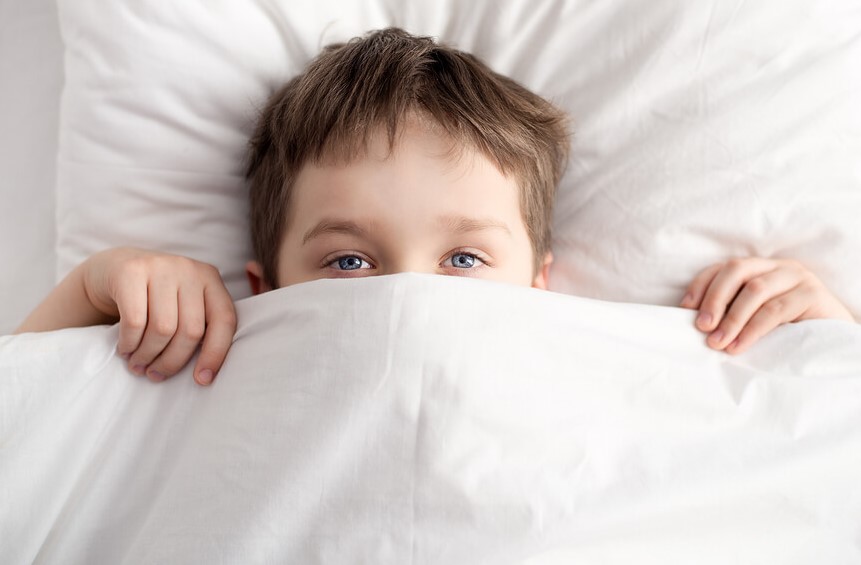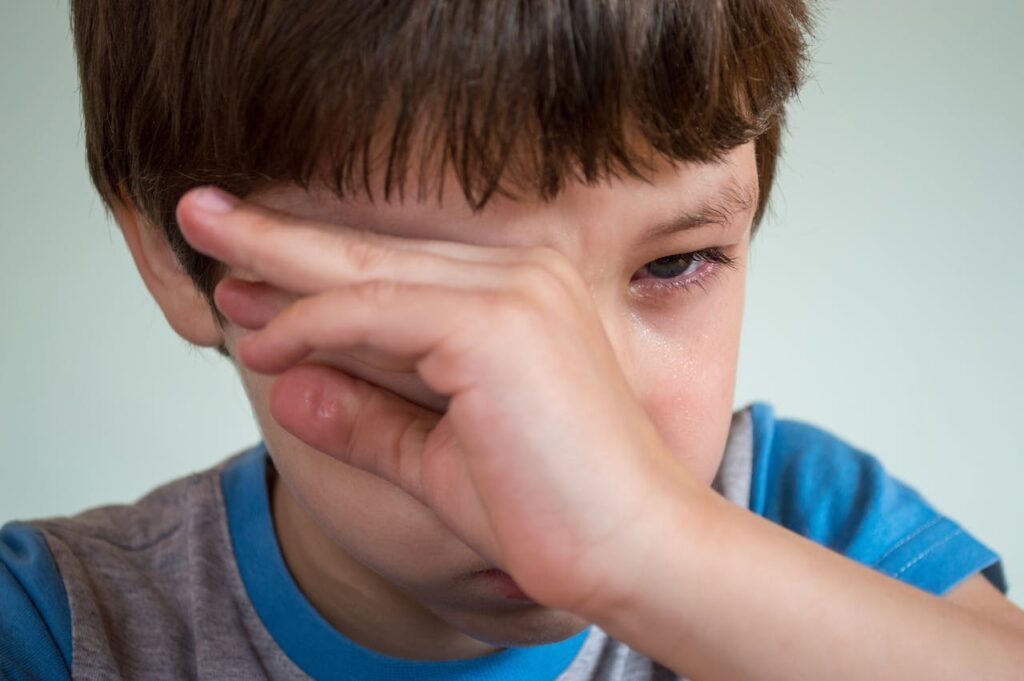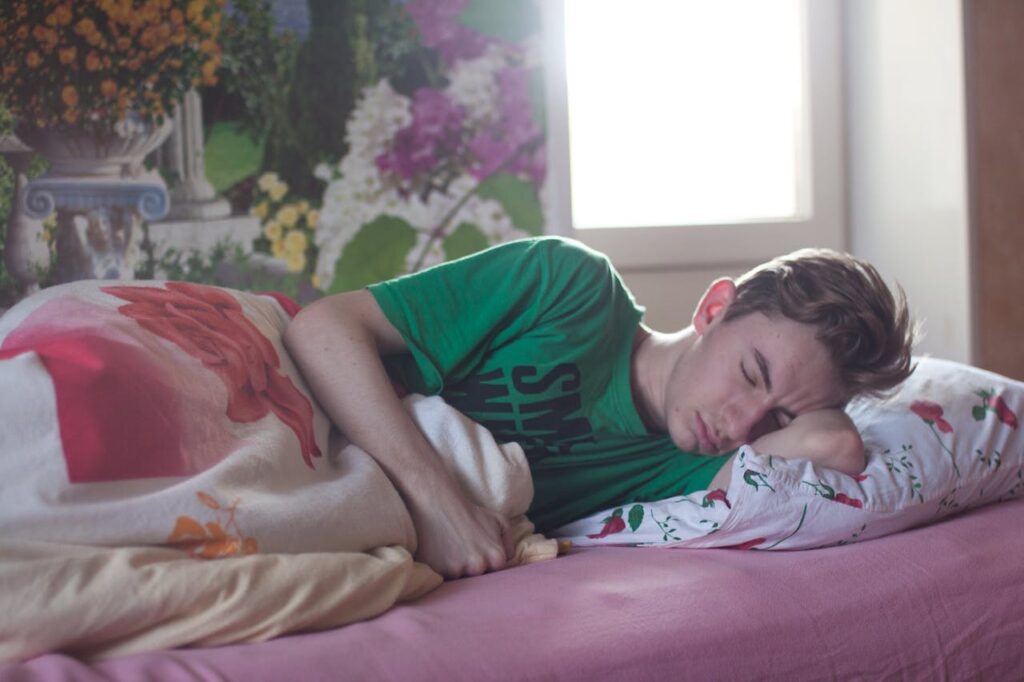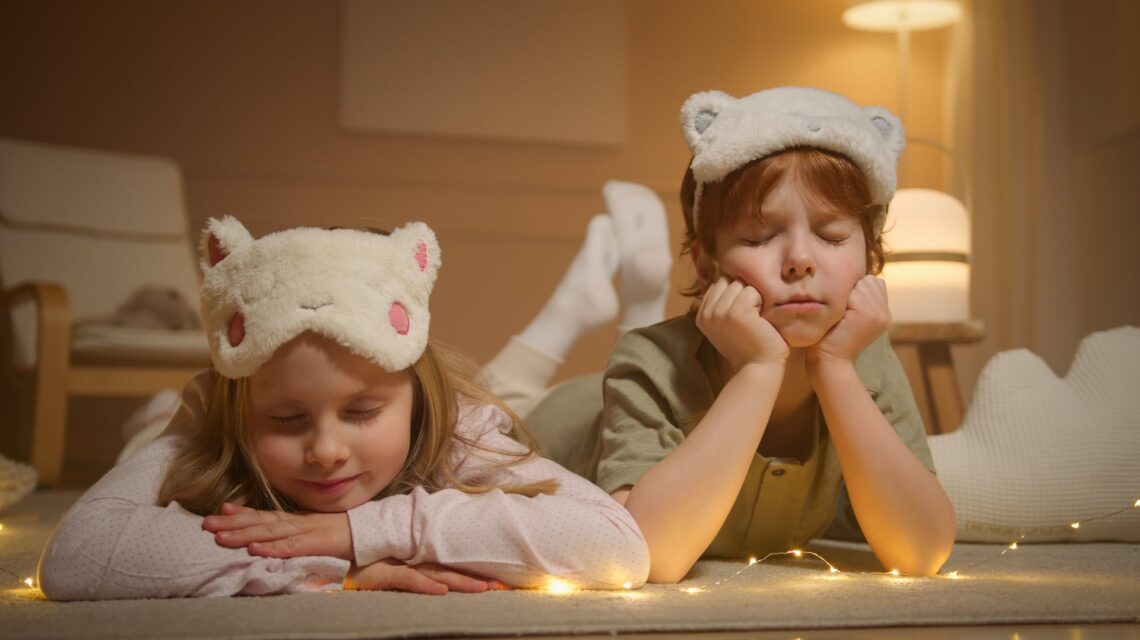Introduction
Sleep-related challenges are prevalent among children in general, but those on the autism spectrum, including teenagers, often encounter distinct difficulties in achieving restful sleep. This piece delves into the specific sleep challenges in autistic children, shedding light on the possible underlying causes.
Irregular sleeping and waking patterns, such as staying up late into the night or waking up exceptionally early, are common in autistic children. Additionally, they may sleep less than typical for their age or engage in nighttime activities, such as pursuing a favorite hobby or creating noise. It is vital to pinpoint the underlying causes of these sleep challenges to develop effective solutions for better sleep hygiene in autistic children.
Causes of Sleep Problems in Autistic Children
Bedtime Habits and Daytime Habits
The sleep challenges experienced by autistic children are frequently linked to their bedtime and daytime routines and habits. Establishing consistent bedtime routines, providing regular sleep environments, and fostering positive associations with sleep can make a significant impact. By establishing a supportive sleep environment and promoting positive sleep associations, caregivers play a crucial role in enhancing sleep patterns for autistic children. This, in turn, positively influences their overall well-being and daily functioning.

Anxiety
The capacity of autistic children to attain restful sleep is frequently impeded by anxiety, presenting substantial challenges. It becomes crucial to circumvent conversations about potential stressors in the evening and integrate relaxation techniques throughout the day. Implementing these strategies not only fosters a more conducive sleep environment but also plays a pivotal role in mitigating the sleep-related difficulties. Which associated with anxiety in autistic children, thereby contributing to their overall well-being and quality of life.

Unleashing the potential of each autistic child and teenager starts with addressing their distinctive sleep challenges. By fostering a serene and restful night, we pave the way for brighter tomorrows and a world of possibilities.
Dr. Whitney Roban
Bedwetting and Toileting
Children with autism often face delayed toilet training, leading to bedwetting problems. In addressing these challenges, seeking guidance from therapists or consulting with a general practitioner proves beneficial. Intervening at the right time and recognizing the distinctive requirements of autistic children can markedly improve their overall well-being. Offering the essential support to help them navigate and conquer these developmental hurdles is key. Parental engagement and a cooperative approach with healthcare professionals are pivotal in creating a positive environment conducive to the child’s growth and development.

Biological Causes
Some autistic children encounter unique biological origins of sleep issues, such as variations in sleep hormone release. Consulting with a general practitioner (GP) can provide valuable insights into these specific biological factors, contributing to a more comprehensive understanding of the child’s sleep challenges. This collaborative approach between caregivers and healthcare professionals can contribute to tailored interventions and improved sleep management strategies for autistic individuals.

Illnesses and Health Conditions
When autistic children experience common illnesses such as colds or ear infections, their sleep patterns may be disrupted. To address this, it is beneficial to modify bedtime routines during the illness, providing comfort and support. Gradually reintegrating regular bedtime practices after the child recovers can assist in establishing a sense of normalcy, leading to enhanced sleep quality. Making consistent and compassionate adjustments to the sleep routine during illnesses is pivotal in supporting the well-being of autistic children.

Night Terrors and Nightmares
Night terrors and nightmares are common occurrences in children, and their severity may warrant attention. Seeking guidance from a general practitioner (GP) is crucial in addressing concerns related to these sleep disruptions. A GP can offer insights into effective management strategies, ensuring the well-being of the child. Also providing reassurance to parents navigating the challenges of their child’s sleep disturbances.

Restless Sleep
Restless sleep, characterized by behaviors such as body-rocking and head-banging, often manifests in autistic children. Identifying and addressing these issues is crucial for their well-being. If concerns persist or standard settling strategies prove ineffective, seeking advice from a general practitioner is recommended. Professional guidance can help tailor solutions to the child’s unique needs, ensuring a more restful and supportive sleep environment for improved overall health and development.

Medicine for Sleep Problems
In advocating for holistic approaches to managing autism, prioritizing lifestyle adjustments remains paramount. However, it’s crucial to acknowledge that certain autistic children might find melatonin supplements beneficial in enhancing both the duration and quality of their sleep. It is imperative, though, that such interventions be undertaken. Only under the careful guidance and supervision of a qualified healthcare professional to ensure optimal safety and effectiveness for the child’s well-being.

Conclusion
Understanding the factors contributing to sleep problems in autistic children is essential for developing effective strategies. Addressing various issues such as anxiety, toileting concerns, biological factors, or other challenges requires a personalized approach, which can significantly enhance sleep outcomes. Regular communication with healthcare professionals and maintaining a supportive sleep environment are key elements in ensuring the well-being of autistic children and teenagers.







